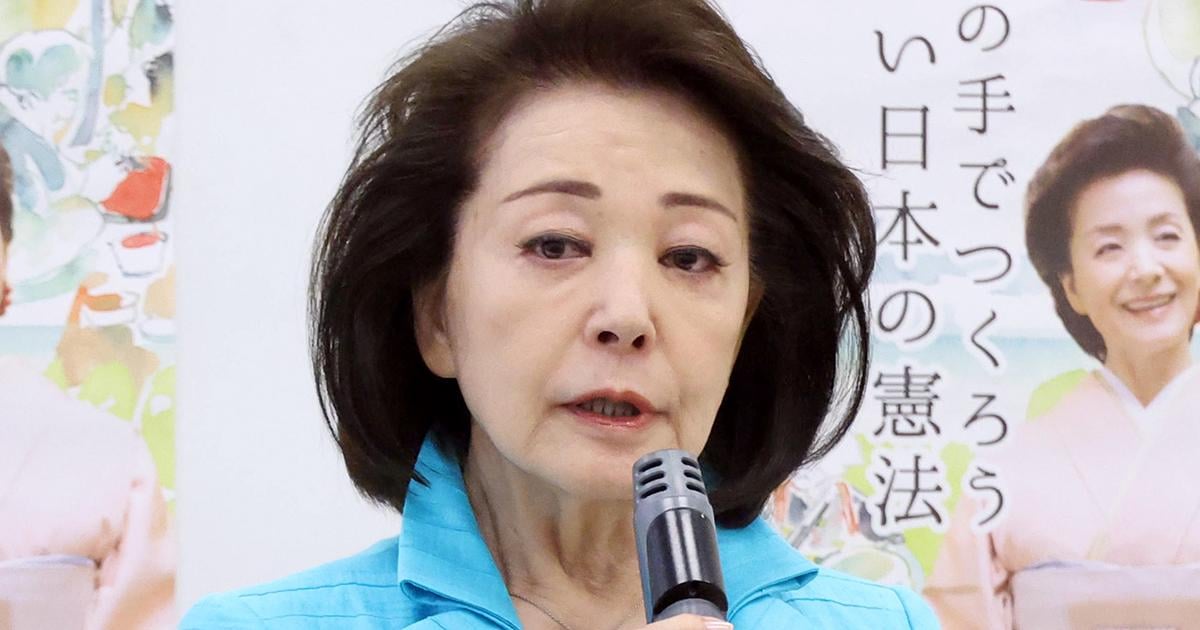
Controversy arose ahead of Ishiba’s speech when journalist Yoshiko Sakurai criticized him in a column for potentially aiding anti-Japanese propaganda. Sakurai mentioned a new Chinese film about the Nanjing Massacre, which has been fueling anti-Japanese sentiments and resulted in attacks, such as the recent stoning of a Japanese woman in Suzhou.
Sakurai’s assertion that the Nanjing Massacre has been disproven by Japanese researchers sparked backlash, particularly given the official acknowledgment of the event by Japan’s government, which recognizes non-combatant killings and looting by Japanese troops but states that the victim count remains debated.
Reiterating the accepted belief among historians, Tsukuba University’s Tsuneo Hashimoto and others from the government-endorsed Japan-China Joint Study of History confirmed the occurrence of the Nanjing Massacre, noting discrepancies only in the specifics. Kasahara Tokushi, a leading scholar on the topic, clarifies that credible researchers no longer dispute the massacre’s occurrence, focusing instead on its causes and consequences.
In China, December 13 is observed as the “National Memorial Day for Nanjing Massacre Victims,” with state leaders attending remembrance ceremonies, highlighting its global recognition, including UNESCO registration. Japan’s protests against this registration exposed challenges in international relations and criticism from the global community regarding denialism.
The situation illustrates intricate relations and the ongoing need for historical reconciliation between Japan and its neighbors, emphasizing the significance of acknowledging and understanding historical events amid geopolitical tensions.
by MagazineKey4532
